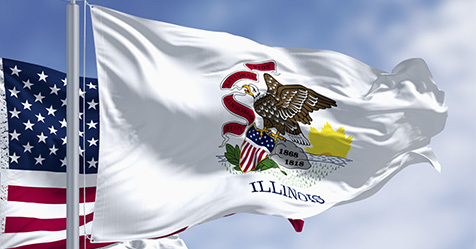Polio Reappears in NY After Nearly 40 Years
Compounding the COVID-19 pandemic and monkeypox cases is the reappearance of polio in the United States.
After having been virtually eliminated from the United States for almost 40 years, sustained poliovirus transmission—better known as polio—was confirmed this past June in an unvaccinated immunocompetent adult resident of Rockland County, New York, according to a recent report by the U.S. Centers for Disease Control and Prevention (CDC).
As of August 10, the CDC reported that three additional persons have been classified as “persons under investigation,” although specimens taken from these people tested negative for poliovirus. As of the same date, a total of 260 wastewater samples from treatment plants in Rockland and Orange Counties were also tested for poliovirus, with 21 (8%) yielding positive test results. Of those specimens, 20 were genetically linked to the infected Rockland patient.
According to the CDC, although no additional polio cases have been identified, the detection of poliovirus from the patient in wastewater specimens over the course of less than two months indicates community transmission and an ongoing risk for paralysis to anyone not vaccinated.
Before this case, the last detection of poliovirus in a person in the United States was in 2013, in an immunocompromised infant who received the oral version of the polio vaccine in India and then immigrated to the United States. The oral vaccine contained a weakened yet still living virus.
What Can Cleaning Professionals Do?
The ultimate means of eradicating the virus is herd immunity through vaccination. Polio vaccinations have long been included on the CDC’s child and adolescent immunization schedule, but in recent years, according to the CDC, immunization rates have been decreasing. So, it’s important to find ways of ensuring that your staff has complied with any polio immunization requirements.
Furthermore, because contaminated water is a significant means of transmission, access to clean water through proper wastewater management and good hand hygiene are also essential to preventing polio’s spread.
Cleaning professionals and other facility workers should:
- Wash hands often.
- If soap and water aren’t available, clean hands with hand sanitizer (containing at least 60% alcohol).
To learn more about proper hand hygiene techniques and how to promote them, see our article on encouraging good hand hygiene in your facility.
Continue to follow the CDC’s recommendations for keeping workers safe from viruses in general. Helpful health habits include:
- Avoiding touching eyes, nose, or mouth.
- Covering mouth and nose with a tissue or one’s sleeve (not your hands) when coughing or sneezing.
- Avoiding close contact with people who are sick, such as kissing, hugging, or sharing eating utensils or cups.
Because the poliovirus can be transmitted via feces, those cleaning rest rooms should be especially meticulous regarding the wearing of personal protective equipment, such as protective gloves, masks, and eyewear.
Facilitators should be on the alert, too, for the symptoms of polio in its building’s workers and inhabitants, especially the sudden onset of limb weakness with a history of fever and/or gastrointestinal illness.
Keep in mind that polio is particularly a risk for unvaccinated individuals, those currently at increased risk of community transmission, or those with recent international travel or exposures to international travelers. Instruct workers to be open and honest with management if they believe they might have been infected, to help avoid the spread of the disease to others.


